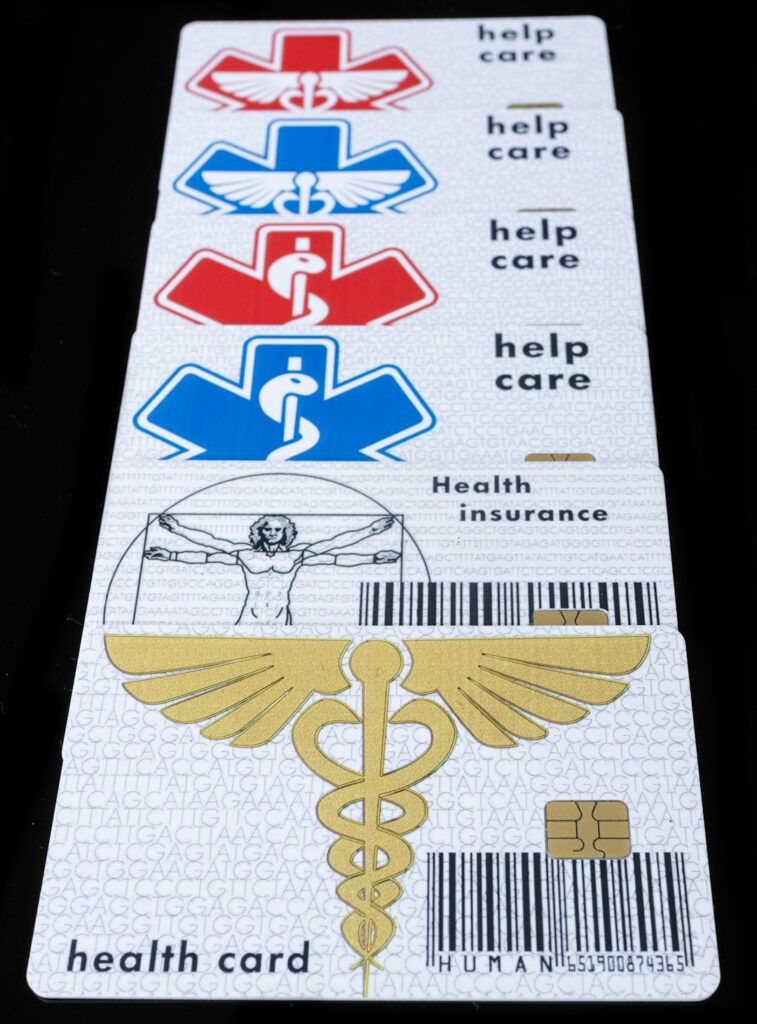AI Healthcare Applications: Transforming Patient Care and Operational Efficiency
AI healthcare applications are revolutionizing the way medical professionals approach patient care, decision-making, and operational efficiency. With the integration of artificial intelligence into healthcare systems, we are witnessing remarkable improvements in diagnosis accuracy, personalized treatments, and operational workflows. This article explores various AI healthcare applications that are setting new standards in the medical field.
Enhancing Diagnostics with AI
One of the most significant AI healthcare applications is in the field of diagnostics. AI algorithms can analyze vast amounts of medical data, assisting healthcare providers in identifying conditions that may be difficult to diagnose manually.
Image Recognition and Analysis
AI-powered image recognition tools have particularly revolutionized radiology. These tools can analyze images from MRIs, CT scans, and X-rays to detect abnormalities with high precision.
- Reduced Error Rate: By supporting radiologists, AI systems help minimize misdiagnosis and improve patient safety.
- Speed: AI can process images faster than a human, enabling quicker diagnosis and treatment initiation.
Predictive Analytics in Patient Care
AI healthcare applications also utilize predictive analytics to forecast health risks based on patient data, allowing for proactive management of conditions.
- Risk Stratification: By analyzing patient histories and lifestyle factors, AI can identify individuals at higher risk for diseases, enabling early interventions.
- Personalized Treatment Plans: Predictive analytics can suggest customized treatment approaches that are more likely to be effective for individual patients.
Streamlining Administrative Tasks
Beyond clinical applications, AI tools are also used to streamline administrative functions within healthcare settings, significantly enhancing operational efficiency.
Appointment Scheduling and Management
AI chatbots and systems can handle appointment scheduling, follow-ups, and reminders, reducing the administrative burden on staff.
- Enhanced Patient Experience: Patients experience more convenient scheduling options with 24/7 access to appointment booking.
- Resource Allocation: Efficient scheduling enables better resource management, optimizing staffing and equipment usage.
Billing and Claims Processing
AI applications in billing can help automate claims processing, reducing errors and accelerating revenue cycles.
- Faster Claims Approval: AI tools can quickly validate claims against provided documentation, expediting reimbursement from insurers.
- Fraud Detection: Machine learning models can identify unusual billing patterns, helping to expose fraudulent claims.
Improving Patient Engagement
AI is also making strides in engaging patients more effectively, thereby improving overall health outcomes.
Virtual Health Assistants
Powered by AI, virtual health assistants can provide patients with real-time support and information regarding their health conditions.
- 24/7 Availability: Patients can access medical advice and view personal health data whenever they need it.
- Symptom Tracking: These tools can assist in symptom tracking and management, fostering proactive health measures.
Telemedicine Integration
The rise of telemedicine has been greatly enhanced by AI, improving access to healthcare services, particularly in remote areas.
- Real-Time Support: AI can facilitate immediate support during virtual consultations through chatbots and diagnostic tools.
- Improved Follow-Up: AI applications can monitor patient progress post-consultation and suggest follow-up actions or appointments.
Future of AI in Healthcare
As technology continues to evolve, the future of AI healthcare applications looks promising. Innovations in machine learning, natural language processing, and robotics are expected to further enhance how healthcare is delivered and managed.
Ethical Considerations
With the growing reliance on AI in healthcare, ethical considerations must also be addressed, particularly concerning data privacy and algorithm bias.
- Data Security: Ensuring patient data is protected is paramount as AI applications handle sensitive information.
- Bias Mitigation: Continuous monitoring and improvement of AI algorithms are essential to avoid biases that could affect patient care.
Conclusion
AI healthcare applications are undeniably transforming the healthcare landscape, improving diagnostics, streamlining administrative tasks, and enhancing patient engagement. As we look ahead, embracing these technologies while addressing ethical challenges will be critical in harnessing their full potential to benefit patients and healthcare systems alike.
Enhancing Diagnostic Accuracy
One of the pivotal AI healthcare applications lies in improving diagnostic accuracy. Traditional diagnostic methods can sometimes lead to human error, but AI tools can analyze medical images, lab results, and patient data with remarkable precision. Machine learning algorithms are trained using vast datasets, enabling them to identify patterns that may be invisible to the human eye. For instance, AI systems are currently being used in radiology to detect anomalies such as tumors or fractures, often with a higher accuracy rate than radiologists alone.
Personalized Treatment Plans
Another significant advantage of AI healthcare applications is their capability to develop personalized treatment plans for patients. By analyzing a patient’s genetic information, medical history, and lifestyle choices, AI algorithms can recommend tailored therapies that are more likely to be effective for individual cases. This move towards precision medicine not only enhances patient outcomes but also optimizes resource allocation within healthcare systems. As AI continues to evolve, the prospect of creating highly customized treatment pathways becomes increasingly feasible.
Streamlining Administrative Tasks
AI healthcare applications are not limited to improving clinical outcomes; they also play a vital role in streamlining administrative processes. Time-consuming tasks such as appointment scheduling, billing, and patient data management can be automated using AI-driven solutions. These efficiencies not only reduce the workload of healthcare professionals but also enhance patient satisfaction by minimizing wait times and simplifying administrative interactions. As a result, healthcare facilities can focus more on patient care and less on bureaucratic challenges.


